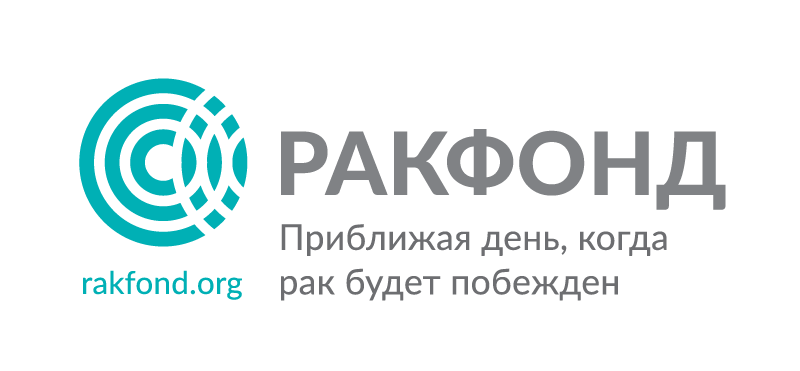FINAL RESULTS OF THE RESEARCH SUPPORTED BY RAKFOND ARE PUBLISHED
American Society of Clinical Oncology (ASCO) released the materials of the upcoming Annual Meeting in Chicago on May 31 – June 4, 2019. The abstract with the final results of the randomized phase II trial of olanzapine (OLN) versus aprepitant (APR) in patients receiving high-emetogenic chemotherapy is published here: http://abstracts.asco.org/239/AbstView_239_264657.html. The oral presentation will be given by its author Dr. Alexey Rumyantsev during the Symptoms and Survivorship session on June 3, 2019.
This was a randomized phase II single-center study aimed to compare OLN and APR in the prophylaxis of chemotherapy-induced nausea and vomiting. Key inclusion criteria were: chemo- and radiotherapy naïve patients, planned administration of high-emetogenic chemotherapy (which frequently causes nausea and vomiting). Patients were randomized in a 1:1 ratio to the following arms: olanzapine 5 mg QD on days 0-4 or aprepitant 125 mg on day 1, 80 mg on days 2 and 3. All patients received ondansetron 16 mg on day 1 and dexamethasone 8 mg on days 1-3. The primary endpoint was complete nausea control (no nausea and no rescue medication) during 0-120 hours after chemotherapy. Complete response (no vomiting and no rescue medication) was a key secondary endpoint.
Ninety-three patients were included in the analysis. The groups were well balanced, the median age was 49 years, the vast majority of patients (95.6%) were females. The proportion of patients with complete nausea control in OLN and APR groups was 44.2% and 24.0%, respectively (results statistically significant). Complete response was achieved in 74.4% and 54.0% of patients, respectively (results statistically significant). No differences in the rates of undesired sedations were detected.
The data suggests the superiority of OLN regimen in terms of nausea control. This regimen deserves further investigation. Detailed clinical trial information: NCT03478605.
The study was carried out in the Department of Clinical Pharmacology and Chemotherapy of N.N. Blokhin National Medical Research Center of Oncology (Moscow, Russia). It was supported by the RUSSCO/RakFond’s Young Scientist & Early Career Investigator Oncology Research Grant.

